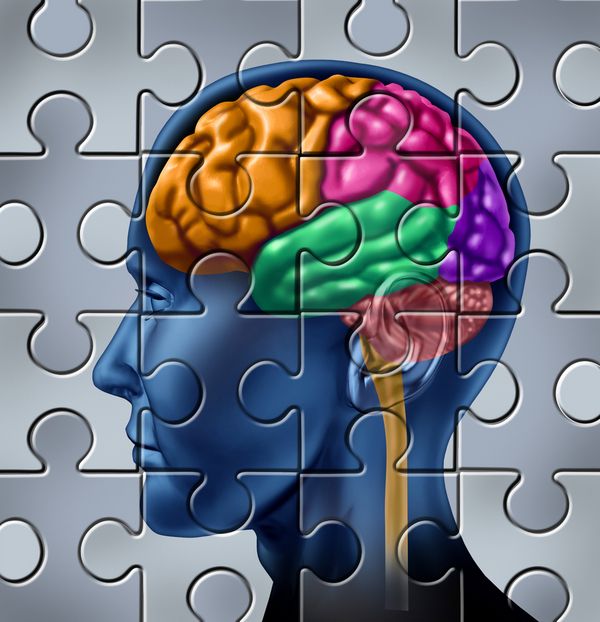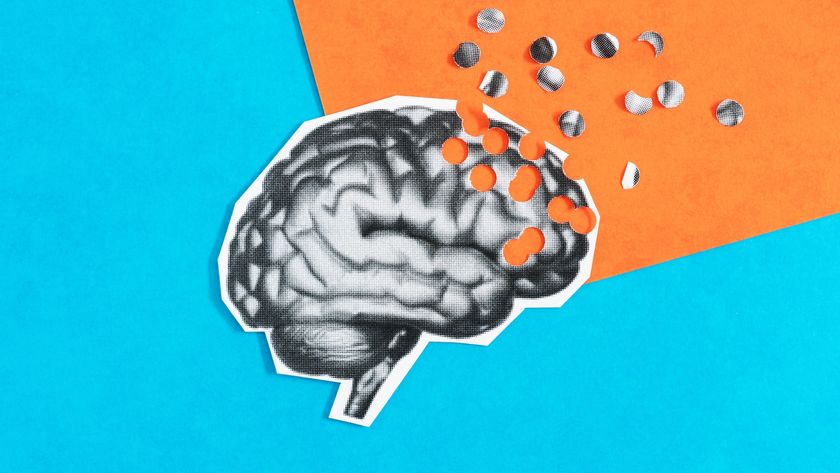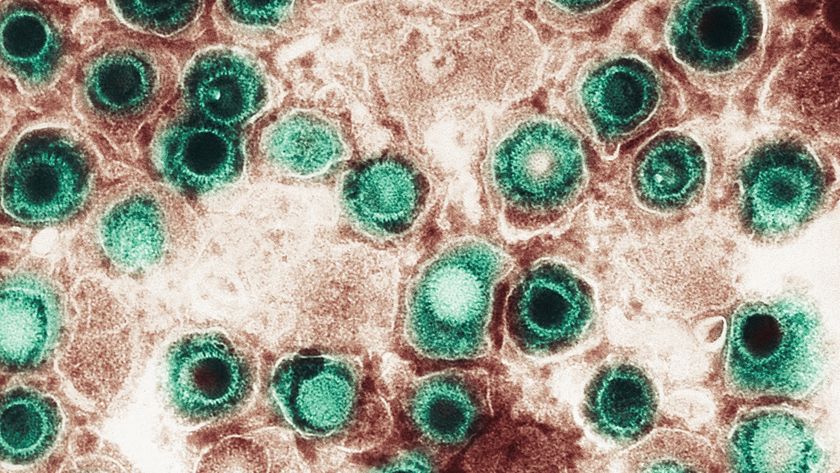Alzheimer's Drug May Impair Memory

VANCOUVER – A class of drugs being investigated to treat Alzheimer's disease may actually have the opposite effect of the original intent — they may impair memory, a new study in animals suggests.
The drugs, known as BACE1 inhibitors, are designed to prevent the formation of the protein plaques in the brain that are a hallmark of Alzheimer's disease. However, the new study suggests these drugs interfere with the brain's wiring, potentially affecting the formation of new memories.
While the drugs aren't approved by the Food and Drug Administration, several companies are pursuing their development, and some have been tested in human trials.
The new findings are not a red light for BACE1 inhibitor development, study researcher Robert Vassar, a professor of cell and molecular biology at Northwestern University Feinberg School of Medicine, said here today at the American Association for the Advancement of Science's annual meeting. But researchers should proceed with caution, Vassar said.
"It's something the drug makers need to keep their eyes out for," Vassar told MyHealthNewsDaily.
The enzyme BACE1 is involved in forming amyloid beta proteins, which aggregate to form plaques. The drugs are based on the idea that blocking the enzyme could slow the disease, or help with symptoms.
However, Vassar's study found BACE1 has another role in the brain, guiding the growth of axons — the long, slender appendages of nerve cells. In a sense, BACE1 is like an electrician, Vassar said, helping to wire up the brain.
Sign up for the Live Science daily newsletter now
Get the world’s most fascinating discoveries delivered straight to your inbox.
In the study, Vassar and colleagues genetically engineered mice so they did not have the BACE1 enzyme. The mice had an incorrectly wired olfactory system, which is used for the animal's sense of smell.
"It's like a badly wired house," Vassar said.
While the wiring of this system takes place mainly during development, brain cells die and regenerate throughout life, so there is a continuous need for axon guidance, Vassar said.
Vassar said he suspects other parts of the brain, such as the hippocampus, may be affected by BACE1 inhibition, and that the new results may explain why previous studies in mice lacking BACE1 showed certain defects, including mild impairment on memory tests.
It's not clear whether the same thing happens in people. And even if it does, these drugs may still have a use against Alzheimer's, Vassar said.
"These BACE1 blockers might be useful at a specific dose that will reduce the amyloid plaques but not high enough to interfere with the wiring. Understanding the normal function of BACE1 may help us avoid potential drug side effects," Vassar said.
Pass it on: Studies in animals suggest a class of Alzheimer's drugs may have detrimental affects on memory, and development of these drugs should proceed with caution, researchers say.
This story was provided by MyHealthNewsDaily, a sister site to LiveScience. Follow MyHealthNewsDaily staff writer Rachael Rettner on Twitter @RachaelRettner. Find us on Facebook.

Rachael is a Live Science contributor, and was a former channel editor and senior writer for Live Science between 2010 and 2022. She has a master's degree in journalism from New York University's Science, Health and Environmental Reporting Program. She also holds a B.S. in molecular biology and an M.S. in biology from the University of California, San Diego. Her work has appeared in Scienceline, The Washington Post and Scientific American.











